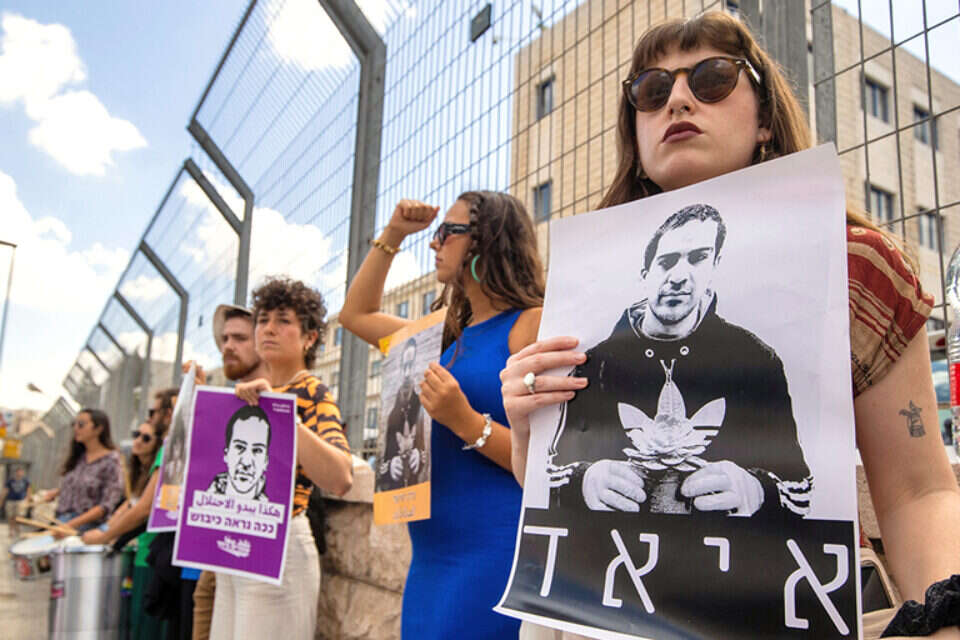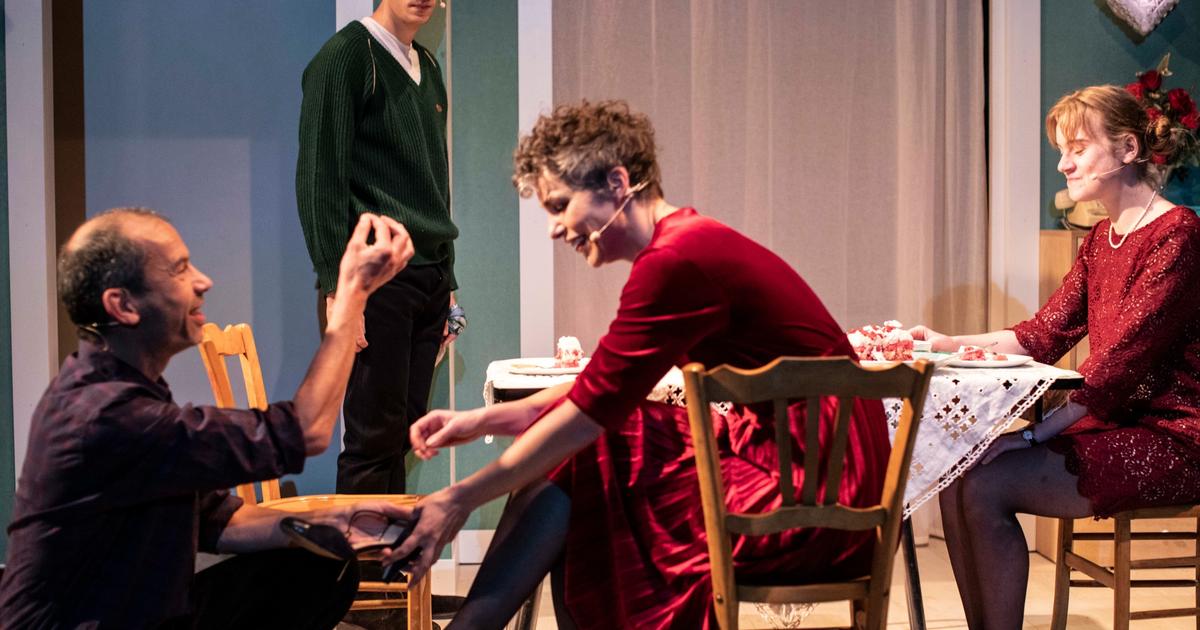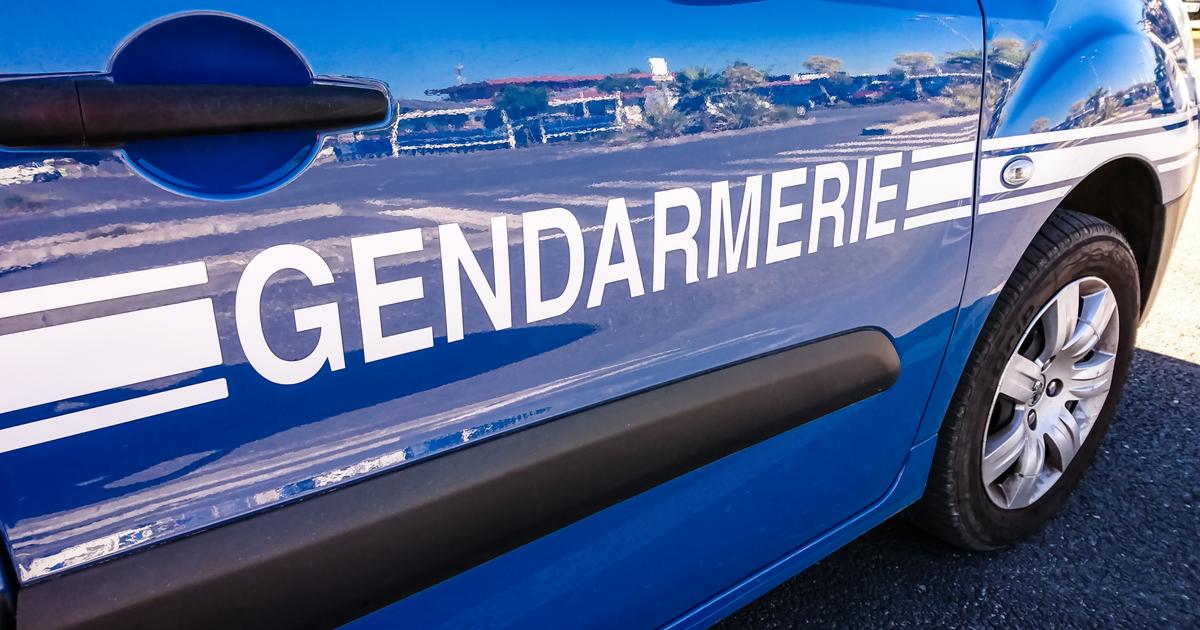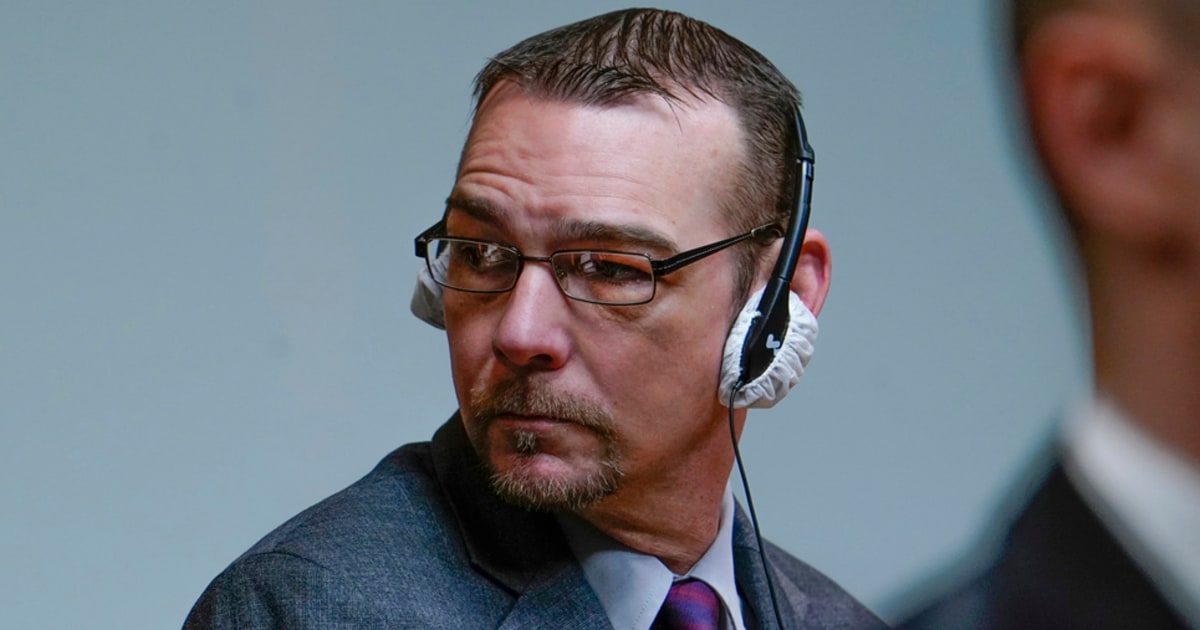On Saturday two weeks ago, a 13-year-old boy, a resident of the Silvan neighborhood, opened fire and seriously wounded a father and son near the City of David National Garden in Jerusalem.
All this happened a day after the attack in the Neve Ya'akov neighborhood, in which seven innocent civilians were murdered.
Events that immediately reminded the retired National Guard Tal Shakma, formerly deputy commander of the Jerusalem Police, of difficult times than before.
"If you were walking down the street, took a look to the left and saw a boy standing behind a car, a boy who looked like a boy," Shakma (56) said in our meeting, "you wouldn't imagine the possibility that he was armed. The officer reacted well in that incident and I really hope he recovers from the serious injury, but Understand the complexity yourself. Imagine that instead of a real gun, that same child was holding a toy gun, playing with some friend on the street, so do you think there was a place to assess the situation? Do you understand where you are? This is not a normal place."
"Operation Combat Movement"
The interview takes place following two articles published in Shishab, the first in June 2022 with Al-Khalak's parents, who demand that the court do justice to their late son: "The path that Iyad took that day, he took every morning for the last six years of his life. There is no way they didn't know Him. So shoot him like that?", and the second one a month later with A's parents, who are angry about the indictment: "They treated him as the last of the criminals. If A had realized on the ground that Iyad was autistic, he would have protected him with his body."
In September it was revealed in "Israel Hayom" that Commissioner Yaakov Shabtai backs up the policeman: "He got into the situation we sent him to.
What are you expecting?".
Iyad al-Khalak's mother, next to his portrait, photo: AFP
This is the first time that a retired NDF officer has spoken after he was released from service last summer. In his last position he served as deputy commander of the Jerusalem Police, and was also there on May 30, 2020 when A, a Border Guard soldier, shot dead Iyad al-Khalak, a young man A Palestinian with autism, in a garbage room not far from the Lions' Gate, a short distance from the place where the 13-year-old carried out the shooting attack.
"It happened on Saturday morning," Shakma recalled the same event in May, 2020. "We were kicked out of the house as in any unusual event when you call the command and update. In less than an hour I was already in the field. Many times I started traveling before I even knew what the event was. Usually my intuition is not You misled me," he says and confirms - "and indeed this time too there was an unusual event."
"Neverending difficulty".
Sycamore, photo: Eric Sultan
Shikma has a long record in the Jerusalem sector.
He served there for 11 years, in four different positions, one of which was the commander of the Old City area.
"All the police officers will say that it is difficult for them, but the Jerusalem district is really the most difficult," the former police officer is convinced.
"It's a never-ending difficulty, almost every day is a special day for one of the religions. An attack leads to an attack, and in East Jerusalem guys with blue identity cards can move anywhere. After all, what happened to the terrorist in Neve Ya'akov? He got up in the morning and decided to carry out. He got in the car, drove Freely. They go to places where they know the security and the names of the people. In the Old City, more than 95 percent of MGB activity is on foot.
You stand on the street, on static missions, and you are constantly threatened, an easy target, but still must be present.
You are standing at the gate of Nablus, and the noise and pressure that the locals exert, even without doing anything, are difficult to deal with.
The tension is in the air all the time."
On the same day that Iyad al-Khalak arrived in the vicinity of the Lions' Gate, it was two blue-collar police officers, veterans, who warned that it was a terrorist, because they had detected suspicious movement.
A., a young fighter, and his commander, who were at the beginning of their shift, went on a short chase that ended in the death of the autistic young man.
"The Lion's Gate area is the main entrance to the Temple Mount, and the traffic there is always alert," Shekama explains.
"The ones who are most threatened are the policemen, because they are the easiest to hit, since their ability to move is limited. David Shariki was killed at the Lions' Gate in 2008 on the same road. A terrorist came from the area of the cemetery and shot him. There is a police station there that was surrounded by dozens, if not hundreds of attacks , and I also call throwing a Molotov cocktail or a stone an attack.
The glove looked like a gun.
Al-Khalak on the security cameras,
"The place attracts a lot of dangers, because for the extremists, an attack close to the gates of the Temple Mount is the greatest sanctity. That morning, the police identified Iyad as a terrorist, and even in the videos I saw it was not possible to translate it otherwise. You see a 'gun', because the glove Iyad was wearing was worn and dark. You see him in the video 'Opening a corner', which is called a 'combat movement operation'. You carry out a chase, before that suspect reaches an area that really threatens others."
But in the end there is an omission, an innocent is killed.
"Goodbye. Remove the word 'failure' from the lexicon. There is an accident. A tragic event in which, in the end, a person who is not mentally in control of his actions is killed. After all, no local would run from the police the way Iyad ran. You can't treat this event in any other way than a trash incident A whose end is tragic.
"The Israel Police does everything in its power to prepare police officers for meeting people with disabilities, but in the end, there is difficulty in dealing with them and there are incidents that anyone else would interpret as a case that must be eliminated."
And there were still cases where policemen ended the case by killing.
"There are a lot of incidents, but you see, for example, a video in which a psychic chases a policeman with a knife and tries to stab him, so what do you expect the policeman to do?"
Ayad did not hold anything in his hands.
"But he was identified as the holder. The glove looked like a gun. I looked at the video and if you ask me, the speed you have to make a decision, that's what it looks like. It's not like you and I are sitting back right now analyzing the video. There's no time for resolution or assessment. This is a ten seconds and the decision must be made immediately, because if not - you will die, or your friend will die, or one of the Jews will die, and after that what will you say, 'I didn't recognize'? 'I wasn't sure'?"
Maybe if the fighter had more experience, the event would have ended differently.
"No, and I say this unequivocally. On the contrary, A. as a young policeman, with very few shifts, rowed into contact and performed the job in the best way possible. I don't think that an old policeman would have done anything else. Neither did I, when I arrived at the same yard, I lay on the floor in order to look for the gun. It was only when the identity of the victim became clear and they started to peel the onion that they realized that this was a tragic event."
Did you investigate the case?
"We are allowed to carry out a preliminary investigation to find out what happened, but since the incident quickly moved to a police investigation, for us it is over.
The commander of the Jerusalem district at the time, Superintendent Doron Yadid, immediately said at the beginning, 'A lawyer is waiting for no' on the steps of the police station since there is a complex and complicated incident here. Remember what I am saying, this is an incident that would not have happened in Tel Aviv or Netanya. This is a crowded sector , full of events, and Iyad's behavior was just like that of a terrorist. A few meters away, as the crow flies, is Bab al-Houta, do you know how many events there were? Two policemen were killed there three years before by a terrorist who came out of the Temple Mount. If in the square where we're sitting now, on the streets, a person will run with a glove that's off, 99.9 percent of the people won't recognize that it's something similar to a gun. It's a violent place there."
Can such an event happen in the future?
"It may not happen in the next three years and it may happen in the next three hours as well. I have not come across such a tragic case, but I have come across incidents where they were wrong. Vehicles broke through a barrier because they were confused, did not pay attention, and shots were fired there and there were fatalities. They are investigating."
In November 2020, for example, a Palestinian driver was stopped for a document check at the A-Zaim checkpoint east of Jerusalem. Suddenly accelerated and shot dead by the force manning the place. It is not clear how much of a threat he was.
"The police do as much as possible to avoid mistakes. The instructions to open fire are clear and give a proper response to the fighters," Shakma says.
"Here the suspect was spotted with a gun, did not stop, entered the yard, made a suspicious movement. These are subtleties, and a police officer is not allowed and does not have the privilege to hesitate. There was an incident on Hasalshelet Street in the Old City, where a terrorist was killed. So you want to hesitate there? Let's see you. You can't carry out a situation assessment".
In operational events there is no time for questions.
Retired Superintendent Amos Ya'akov, photo: MagB
"That's how I would act"
Shakma had only been in office for a few months at the time of Al-Khallak's tragic death.
"When we returned to activity, after the incident, no one briefed the police officers differently. I couldn't have said 'pay attention twice,'" he says.
"We didn't change procedures, but of course we said that attention should be paid to people with disabilities, who are not in control of their actions. Not beyond that, because in a similar event you expect them to act this way. If you have identified a terrorist - you will give chase and try to make contact in order to neutralize.
"Right there, after that incident, there was an incident of a terrorist who fired, and by a miracle he missed a policeman. You can't in such an incident not aim for contact and neutralize, it's not just killing. Ask how many terrorist incidents with dead terrorists have I been to in Jerusalem?
I really don't remember.
Lots".
The trial of A, who was released from the service in the meantime, continues even now, almost three years after the incident.
Seven affidavits of former senior officers who came to defend the fighter and explain his role in the field were submitted to the court.
Among the witnesses were former MGB commanders, retired superintendent Amos Yaakov, and retired superintendent Yitzhak (Zac) Dadon.
"If a report of a terrorist is received, this is the assumption that the forces have to work with," Yaacov stated.
"In operational incidents there is no time for questions. In fact, if each of the forces joining together to help were to start conducting an 'investigation' to find out if the report on the connection is wrong or not - this would frustrate the handling of the incident and harm it."
Yaacov also added in his affidavit: "As those who send our sons and daughters to the fighting front, not always of their choice or volition, we are obligated to bear responsibility and stand behind them even if it turns out, with the wisdom of hindsight, under calm conditions, that their risk assessment during a stressful and fast operational event was wrong. A fighter who acted in the event A bona fide operator must know that the system backs him up."
"In my view, as a commander, as long as a fighter acted in good faith and believes that he is neutralizing a threat to life - even if in hindsight it turns out that he was wrong in interpreting the signs - he should be backed up," Dadon emphasized.
"From my operational experience, mistakes of this and that are an inevitable part of operational, fast and stressful events."
"I was not called to testify, and my opinion is not of interest to the police," Shakma says.
A police officer cannot be judged by the criteria of a criminal or an ordinary citizen in such an event.
It's not an event like any other."
An innocent dead, it is impossible to move to the agenda.
"We need to investigate, treat, think again about what we are doing. Maybe cooperate with the Palestinians. Everything is possible, but not to prosecute. Even if A goes to prison for life and a similar case happens tomorrow morning, I say with full confidence, 99.9 percent of the police officers will act like him. Maybe a small percentage will be afraid."
What will they be afraid of, punishment?
"I don't think that police officers will fear punishment, but if the police do not retract the indictment, they will do tremendous damage to the activities of the Israel Police, because this incident is not a normal incident, and if I were there, I tell you that the chances are that I would have acted this way.
I would strive for contact."
Did you know A?
"No, I only got to talk to him after the incident. A nice guy. He's not someone who got up on Shabbat and said, 'Today I'm killing a terrorist.' And by the way, all megaphones are like that.
They want to put into practice what they have learned, but still, subconsciously, no one is looking to kill.
That's not why they're here.
In this event, A acted professionally, with determination, with courage.
It's an event that, if there really was a terrorist, he could have received a commendation."
Some labeled him a criminal.
"Because of the public response, at the time he was connected to the Balfour protest. 'Justice for Iyad'? What's the connection? A tragic event happened here, it may be that the state should compensate, but the compensation is not to take an MGB fighter who already ruined part of his life and make him miserable.
Mahesh does not give up, and the courts know how to drag their feet. The indictment should be withdrawn. It is true that this will not shine Mahesh in a good light, but there is nothing in this incident other than an action that is expected of a warrior, and he performed it in the best way possible.
An action that unfortunately turned out to be tragic, but it should have ended there as well."
Comments
The response of the Prosecutor's Office: "The decision to file the indictment was made in a matter-of-fact and professional manner, based on evidentiary considerations and in accordance with the law.
We note that an opinion on behalf of the former deputy commander of the Jerusalem Police has not been forwarded to us. The trial is ongoing these days, and because of this we cannot expand beyond that."
Lawyers Efrat Nachmani-Bar, Sharon Zaggi-Pinchas and Alon Porat, who represent the fighter, responded: "All the witnesses confirmed that this was an incident of an operational pursuit, fast, in which an event chased an event. It is to be regretted that the IDF chose to act in this case in a manner Populist, detached from the evidence and the field, and contrary to the prevailing policy.
The price is paid by a young fighter, whose only desire was to fulfill his duty to the country."
were we wrong
We will fix it!
If you found an error in the article, we would appreciate it if you shared it with us









